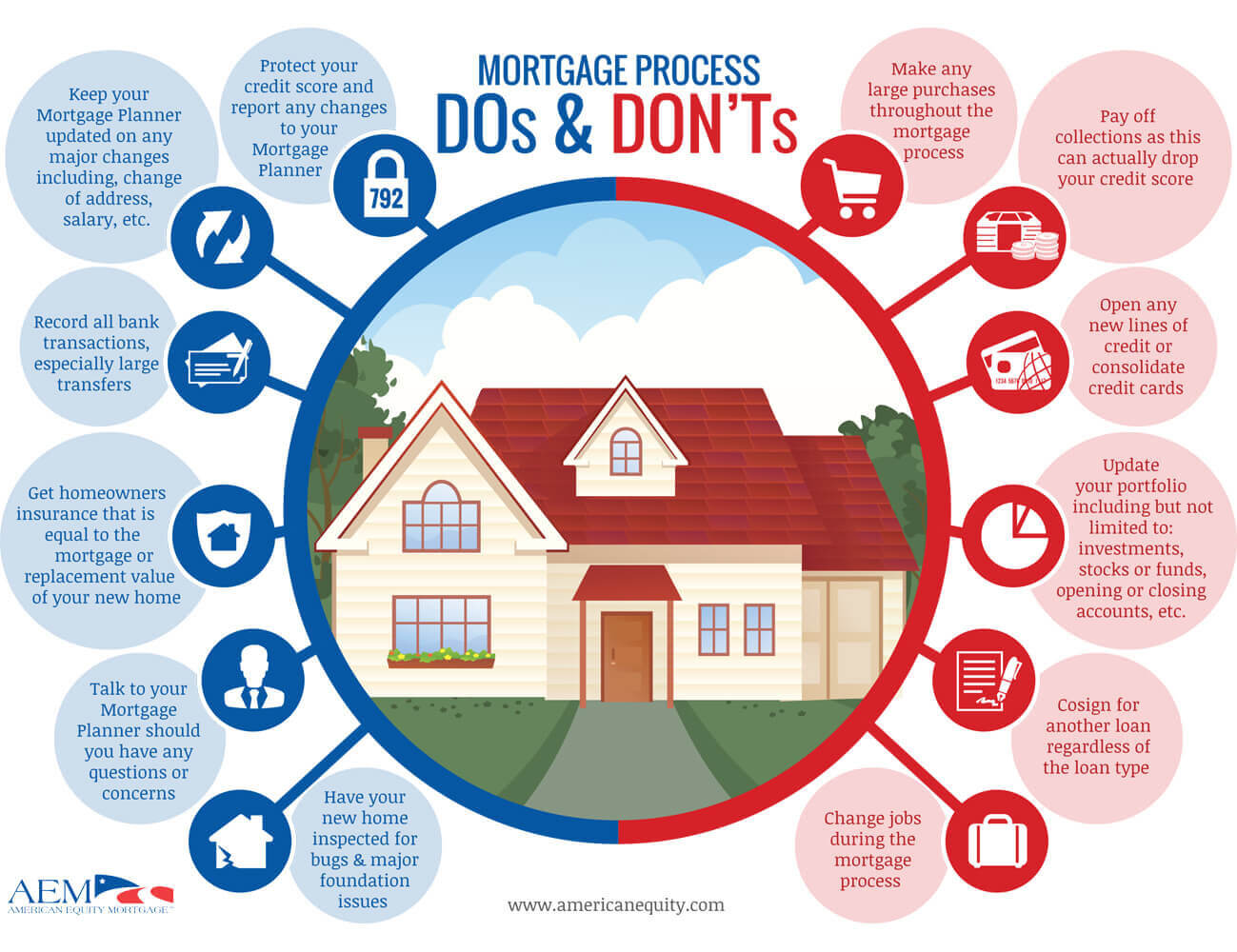Home Mortgage: Tips To Keep You Safe
Authored by-Kragelund RiggsSigning the papers for your first home mortgage is an exciting event. But, before you sign those papers, you have to make sure you are getting a fair deal on your mortgage. This article can help you with this endeavor. Remember the tips below when you are negotiating terms for your home mortgage.
Before applying for a mortgage, pay down your debts. Lenders use a debt to income ratio to verify that you are able to afford a mortgage. A general rule of thumb is 36 percent of your gross income should be available to pay all of your monthly expenses, including your mortgage payment.
If you have never bought a home before, check into government programs. These government programs can help defray closing costs. They can also help find a low interest loan even if your income is low or you have an imperfect credit history.
Consider the Federal Housing Authority to be your first stop when looking for a new mortgage. In most cases, a mortgage with the FHA will mean putting a lot less money down. If you opt for a conventional loan, you will be required to come up with a serious down payment, and that can mean not being able to afford the home you really want.
Really think about the amount of house that you can really afford. Banks will give you pre-approved home mortgages if you'd like, but there may be other considerations that the bank isn't thinking of. Do you have future education needs? Are there upcoming travel expenses? Consider these when looking at your total mortgage.
If you can afford the higher payments, go for a 15-year mortgage instead of a 30-year mortgage. In the first few years of a 30-year loan, your payment is mainly applied to the interest payments. Very little goes toward your equity. In a 15-year loan, you build up your equity much faster.
You may be able to add your homeowners insurance costs to your mortgage payment. One advantage of this is negating the need to make two payments. Instead of paying your mortgage and an insurance bill, you can pay both bills in one payment. If you like to consolidate your bills, this is a good idea.
Adjustable rate mortgages or ARMs don't expire when their term ends. The rate is adjusted accordingly using the rate on the application you gave. This could increase your payments hugely.
Never sign home mortgage paperwork that has blank spaces. Also, make sure you initial each page after you read it. This ensures that terms cannot be added after you sign. Unscrupulous lenders may be inclined to add pages to your contract which you did not read, and this protects you from this practice.
Some creditors neglect to notify credit reporting companies that you have paid off a delinquent balance. Since your credit score can prevent you from obtaining a home mortgage, make sure all the information on your report is accurate. You may be able to improve your score by updating the information on your report.
If you can, you should avoid a home mortgage that includes a prepayment penalty clause. You may find an opportunity to refinance at a lower rate in the future, and you do not want to be held back by penalties. Be sure to keep this tip in mind as you search for the best home mortgage available.
Reduce your outstanding liabilities as much as possible before applying for a home mortgage loan. It is especially important to reduce credit card debt, but outstanding auto loans are less of a problem. If you have equity in another property, the financial institution will look at that in a positive light.
If you have bad credit, avoid applying for a home mortgage. Although you may feel financially ready enough to handle the costs of a mortgage, you will not qualify for a good interest rate. This means you will end up paying a lot more over the life of your loan.
Take the time to get your credit into the best shape possible before you look into getting a home mortgage. The better the shape of your credit rating, the lower your interest rate will be. This will mean paying thousands less over the term of your mortgage contract, which will be worth the wait.
Pay your mortgage down faster to free up money for the future. Pay a little extra each month when you have some extra savings. When you pay the extra each month, make sure to let the bank know the over-payment is for the principal. You do not want them to put it towards the interest.
Set a solid relationship with your bank or lender in the year preceding applying for a mortgage loan. You may find it helpful to get a personal loan and pay it off before making a home loan application. https://economictimes.indiatimes.com/tech/technology/hcl-acquires-banking-firm-in-germany/articleshow/88170897.cms shows them that your are a reliable borrower.
Before refinancing to get a little extra cash, make sure that the mortgage loan you are taking out isn't costing you more than the cash you are getting. Often times that's the case. The money you get is totally offset by the fees and closing costs associated with the refinance.
Be aware that certain things may need to be done to the property before the loan can be approved. One such thing is extra insulation added to the home. This work can either be done by the home buyer or the homeowner. However, once the work is completed, it must be inspected by a certified inspector.
Now you know how to find a reputable lender to meet your needs. Use these tips to look out for the bad lenders. Keep this advice in mind while you trudge through the process of buying a home.
